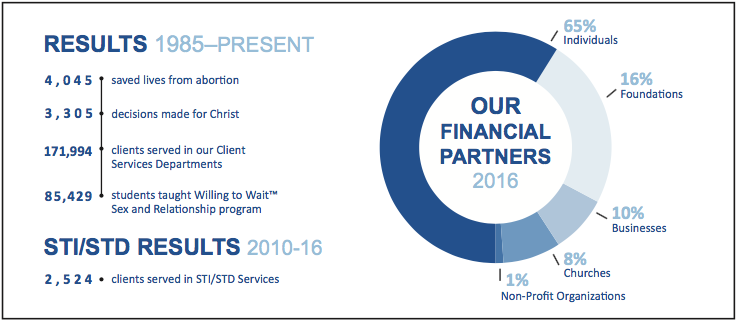The human mind has devised ways to measure many immeasurables. We now know the height of Everest and the depth of the deepest ocean. We know the distance between the earth and the moon, the sun, and distant stars, planets, and galaxies.
But no finite mind can adequately take the measure of sin or its vast and far-reaching consequences. George Smeaton, however, proposed two ways in which we can begin (and it’s only a beginning) to measure both the guilt and the consequences of sin.
Measuring the Guilt of Sin
The most important dimension here is not what we do (or don’t do) but against whom we do it (or don’t do it).
“The guilt of the offense is proportioned to the greatness, the moral excellence, and glory of Him against whom the offense is committed…Nothing else therefore comes into consideration in estimating the enormity of sin but the infinite majesty, glory, and claims of Him against whom we sin.”
For example, we feel a pang of guilt if we lose our temper with a McDonald’s employee, but it soon passes. The guilt goes deeper and lasts longer if we do the same to a friend or colleague. But if we go home and treat our wife or husband that way, guilt cuts to the heart and may leave a wound that takes weeks to heal. It’s not so much what we say, but who we say it to.
When it comes to sin against God, for every thought we give to what we have done, give ten thoughts to who we did it to and against. Such a ratio will begin to get us a more accurate measure of sin, and consequently of the atonement that put it away.
Measuring the Consequences of Sin
Smeaton’s second measuring tip is to calculate the antithesis of sin’s consequences. What he means by that is that if we measure all the benefits secured by Christ’s atonement, then we will get an idea of the opposite measure of sin’s consequences. Having done that, he produces a list of sin’s consequences:
- The forfeiture of our right relation or standing before God.
- The deterioration of our nature.
- The entrance of death, temporal, spiritual, and eternal.
- The departure of the Holy Spirit from the human heart, formed to be His temple.
- The tyranny of Satan.
- The gulf formed between men and all holy intelligences.
There is such a similarity in an opposite direction between the effects of sin and the effects of the atonement that the comparison of the two serves to throw light on both.
Smeaton’s point is that by measuring sin and its consequences, we will better estimate the value of the atonement and its blessings.
Previous Posts in this Series on the Atonement
Was Jesus ever ill?
The Most Sympathetic Man in the World
What did Christ believe about the atonement?
The Four Essentials of a Successful Atonement
Three Old and New Errors about the Atonement
Christ’s Weaknesses











